Document Author
Year Published
Topic
- (-) Remove 100% Access to Justice filter 100% Access to Justice
- Research (7) Apply Research filter
- Reports, Evaluations, Best Practices, Surveys (6) Apply Reports, Evaluations, Best Practices, Surveys filter
- Reports (5) Apply Reports filter
- Strategic Planning (5) Apply Strategic Planning filter
- Best Practices for Self-Help Centers (2) Apply Best Practices for Self-Help Centers filter
- Self-Help Centers (2) Apply Self-Help Centers filter
- Surveys (2) Apply Surveys filter
- Trial Court Self-Help (2) Apply Trial Court Self-Help filter
- Administrative Agencies (1) Apply Administrative Agencies filter
- Articles & SRLN Briefs (1) Apply Articles & SRLN Briefs filter
- Evaluation (1) Apply Evaluation filter
- General Non-Profit Resources for Planning and Evaluation (1) Apply General Non-Profit Resources for Planning and Evaluation filter
- Human Centered Design (1) Apply Human Centered Design filter
- Impact of Self-Represented Litigant Innovations on Cost and Efficiency (1) Apply Impact of Self-Represented Litigant Innovations on Cost and Efficiency filter
- Justice Tech Entrepreneurs (1) Apply Justice Tech Entrepreneurs filter
- Linking a Self-Help Center to Other Services (1) Apply Linking a Self-Help Center to Other Services filter
- Scaling in Court Systems (1) Apply Scaling in Court Systems filter
- Simplification (1) Apply Simplification filter
- Technology (1) Apply Technology filter
- Triage (1) Apply Triage filter
- Triage & Service Portal (1) Apply Triage & Service Portal filter
State
Region
- (-) Remove Canada filter Canada
Tags
Post date
Search results
Report: Report of the Court Processes Simplification (Court Processes Simplification Working Group 2012)
This is a report of the Court Processes Simplification Working Group (CPSWG) of the Canadian Action Committee on Access to Justice in Civil and Family Matters hosted by the Canadian Forum on Civil Justice that explores court simplification efforts and opp ...
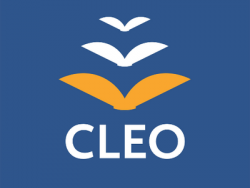
Paper: Community Justice Help: Advancing Community-Based Access to Justice (CLEO 2020)
This discussion paper provides a framework to understand the mechanisms that cultivate reslient access to justice communities. The paper offers universal principles that support community-based justice help systems. In particular, the paper proposes an ap ...
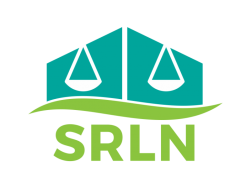
SRLN Brief: Canadian Access to Justice Research (SRLN 2016)
Access to justice issues have frequented academic, legal, political and mainstream debates for many years in Canada where the percentage of self-represented litigants in civil cases is also significant. Some key pieces of Canadian research to explore incl ...
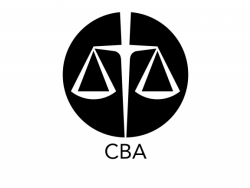
Report: Access to Justice Metrics Informed by the Voices of Marginalized Community Members: Themes, Definitions and Recommendations Arising from Community Consultations (Canadian Bar Association 2013)
The Canadian Bar Association’s Access to Justice Committee’s Building Block #1 Access to Justice Metrics sought to develop a practical definition of access to justice and to identify tangible indicators and goals to measure progress. The Committee resolve ...
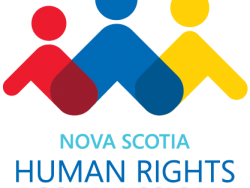
Article: A Restorative Adjudication Process Shows Promise (Teryl 2015)
In 2012, the Nova Scotia Human Rights Commission initiated a project to integrate restorative justice principles into an administrative agency. Early research showed that when restorative justice principles guided the agency's changes, access to just ...
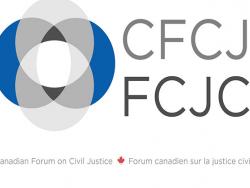
Report: Civil Non-Family Cases Filed in the Supreme Court of BC Research, Results and Lessons Learned (Canadian Forum on Civil Justice 2015)
The is the Final Report of the Canadian Forum on Civil Justice 's (CFCJ's) Attrition Study entitled Civil Non-Family Cases Filed in the Supreme Court of BC Research, Results and Lessons Learned. This study, which is a part of the CFCJ's lar ...
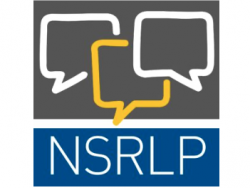
Report: National Self‐Represented Litigants Project: Identifying and Meeting the Needs of Self-Represented Litigants (Julie Macfarlane 2013)
The following is the National Self‐Represented Litigants Project: Identifying and Meeting the Needs of Self-Represented Litigants Final Report Executive Summary – EXECUTIVE SUMMARY Part 1: The study 1. Methodology The goal of this qualitative study w ...
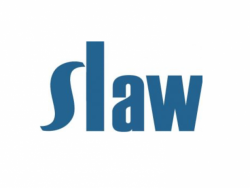
Article: Triage- A Vital Tool to Increase Access to Justice (Boyle 2013)
In this article in Slaw, Canada's on-line legal magazine, Kari Boyle reviews some of the triage activity in Canadian Civil Justice Reform. About the author: Kari D. Boyle is the Executive Director of the Vancouver-based Mediate BC Society, which off ...